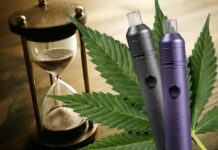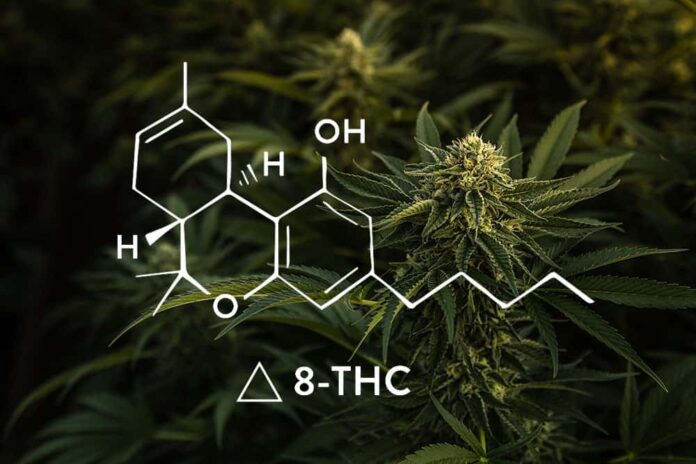
Delta-8 marijuana, a cannabis compound, has become progressively popular in the United States. It attracts users living in the U.S. regions where recreational and medical cannabis has been illegalized. Delta-8 THC was heavily searched online in the United States in 2020 and 2024. Global searches increased by 257% in 2020 from 2019 and 705% from 2020 to 2024, with delta-8 marijuana searches in the U.S. alone being at least ten times higher than other countries’ rates. Here are nine facts about delta-8 marijuana.
1. What is delta 8?
What is delta 8? It is a psychoactive substance in cannabis flowers, where hemp and marijuana are varieties. It’s one in more than 100 cannabinoids and is naturally produced by the cannabis plant in insignificant amounts. This results in more concentrated delta-8 marijuana amounts being manufactured from hemp-derived cannabidiol. While delta-8 THC is similar to delta-9, they vary slightly in chemical structure, making it less potent.
2. Delta-8 marijuana is legal
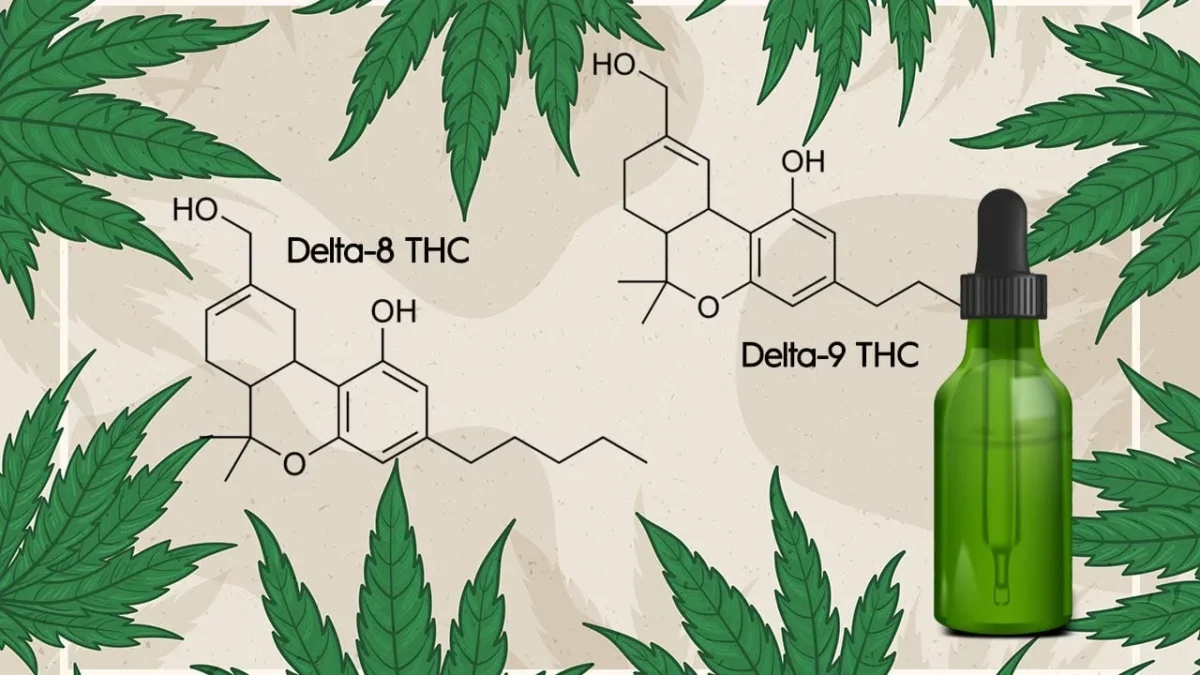
While delta-8 products haven’t been approved or evaluated by the FDA for safe use, delta-8 THC is considered legal at the federal level. This was made possible by the Farm Bill, which legalized growing hemp, provided that it contained less than 0.3% of THC. The bill’s authors also defined THC as delta-9 THC, which is federally illegal. Currently, delta-8 is legal in most, but not all states. While some states have legalized it for medical usage only, others have restricted it to a specific extent or banned it altogether.
3. Delta-8 has psychoactive and intoxicating impacts
The cannabinoids in cannabis connect with your body’s endocannabinoid system consisting of receptors around the body. The system plays a vital role in regulating numerous essential elements, including appetite, memory, pain sensation, and mood. Once you introduce delta-8 into your body, it binds to the cannabinoid receptors in the nervous system, affecting how the endocannabinoid system operates and creating different effects on the body. While delta-9 THC and delta-8 THC have psychoactive and intoxicating effects, delta-8’s impacts are usually less potent and milder, making it more popular than delta-9.
Consuming delta-8 marijuana generates happiness, euphoria, comfort, calmness, and relaxation. It also ensures better concentration and focus, improves appetite, and gives users an easy time falling asleep. While the effects of this product vary from one person to another, most people have positive, uplifting experiences after consuming it. How fast you experience the impact depends on the quality of the delta-8 THC products and the consumption method used.
4. Delta 8 and delta 9 are different
The primary difference between delta-8 and delta-9 is the double bond, where a particular carbon atom in the chain with two bonds is positioned at various places on the chain. Delta 8’s chemical structure consists of an eighth carbon atom containing a double bond, while delta 9 has a ninth carbon atom consisting of a double. While some might argue that there aren’t vital distinctions between delta-8 and delta-9, the subtle chemical difference can lead to physiological effects and cognitive changes.
Marijuana users seeking a euphoric high want the cannabinoid in delta-9 THC. When people talk about THC, they’re usually referring to delta 9. When in the brain, delta-9 THC binds with CB1 receptors and may generate strong psychoactive impacts, including feeling relaxed or elated, laughing uncontrollably, and being talkative. While delta-8 marijuana has psychoactive effects, they aren’t as powerful as the delta-9’s. delta-8 users may be looking for anxiety reduction and pain relief from this product.
5. Delta-8 THC may involve the use of possibly harmful chemicals
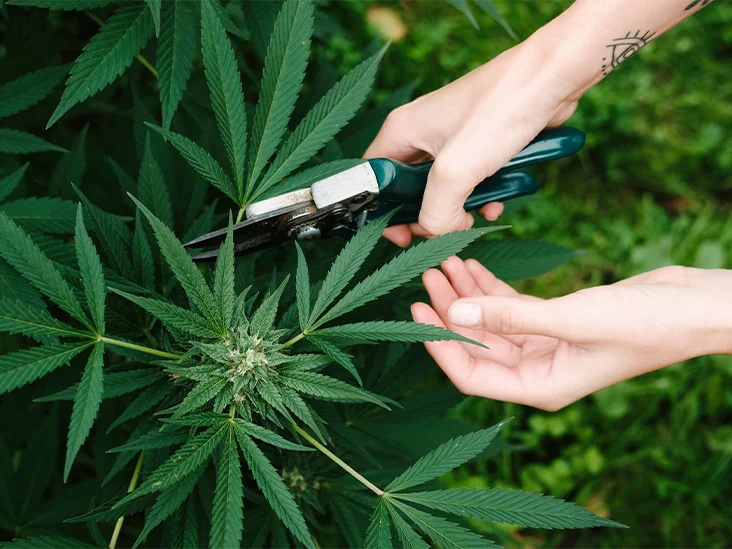
The amount of delta-8 found in the hemp plant is quite low, which necessitates manufacturing cannabinoids with concentrations of delta-8. The problem with the production process is that some companies may use unsafe chemicals to generate delta-8 THC via chemical synthesis. Other chemicals might be used to alter the final product’s color.
Thanks to the chemicals used in the manufacturing process, the end delta-8 product may contain potentially hazardous by-products. Additionally, the production of delta-8 THC may be done in unsanitary or uncontrolled settings, resulting in dangerous contaminants and other possibly harmful substances. Before purchasing delta-8 THC products, ascertain the CBD products used are pure and ensure the substance is third-party-tested.
6. Benefits of delta-8 THC
Delta-8 THC has a lot of benefits. It helps users produce Acetylcholine, a neurotransmitter responsible for cognition, memory, arousal, and neuroplasticity. These neuroprotective features are suitable for a healthier brain. The consumption of delta-8 marijuana products stimulates a high food intake and prevents nausea in patients undergoing cancer treatment. While people experience pain differently at varying levels, delta-8’s analgesic properties can help relieve the pain to a specific degree, especially in people with inflammatory and neuropathic pain.
7. Delta-8 potential risks
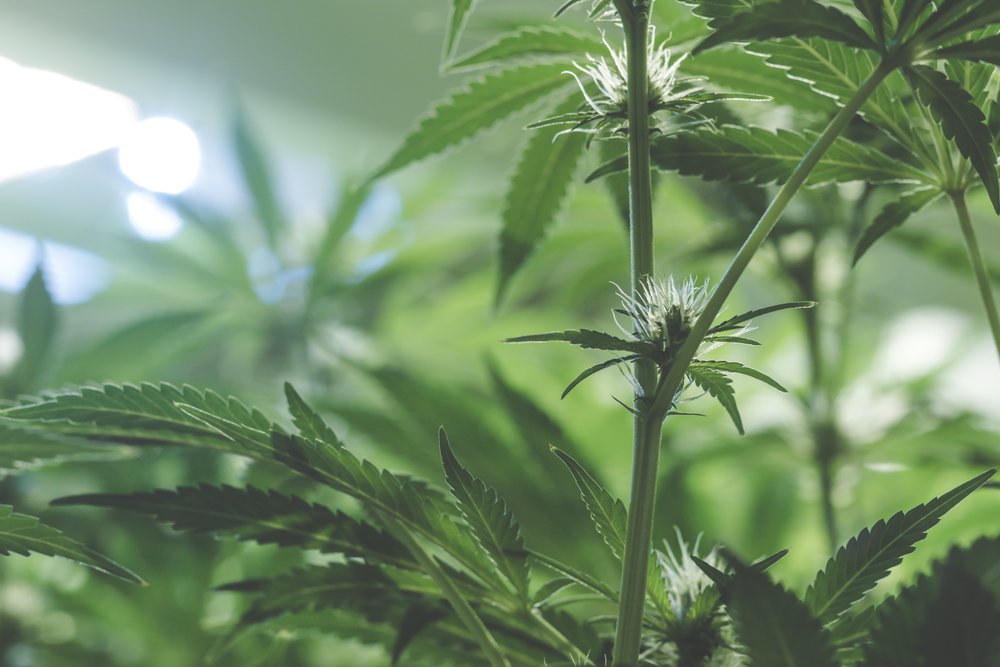
Synthetically producing delta-8 involves using chemicals like strong acids and organic solvents to convert CBD from hemp, which may be unsafe for human health. The ingestion of delta-8 THC products may result in health risks, including short-term memory challenges, difficulties concentrating, paranoia and anxiety, and an altered sense of time. You may also have problems with coordination, rapid heart rate, dry mouth, red eyes, and slow reaction times.
8. Delta-8 dosage
Delta-8 is almost half as strong as delta-9, meaning it can get you high. Delta users aren’t the same, and what works for one person may not deliver a satisfying experience for another. Since delta-8 is intoxicating, it can impact your sensory perception, and when consumed in high doses, it might result in cognitive impairment.
If you’re pretty reactive to delta-9 THC, consider beginning with a low delta-8 dose and slowly increasing the amount to find a level that gives you the most benefits without side effects. If you’re a new user with low tolerance, 5 to 15mg serving would be ideal. An occasional user with medium tolerance can take about 15 to 45 mg per serving. If you’re a daily consumer with high tolerance, 45 to 150mg per serving would be a suitable dosage.
9. After how long does delta-8 THC take effect?
When vaping delta-8 THC, its effects often take hold within ten to twenty minutes. Consuming delta-8 tinctures may take around one to one and a half hours to take effect while taking it orally as a gummy or capsule may take about two to three hours.
Endnote
Delta 8 has recently gained a lot of popularity around the globe, and most in the United States. Familiarizing yourself with the facts surrounding it can help you understand what the craze is all about.



